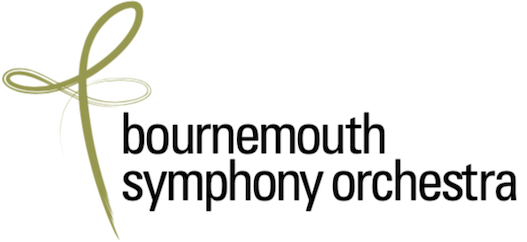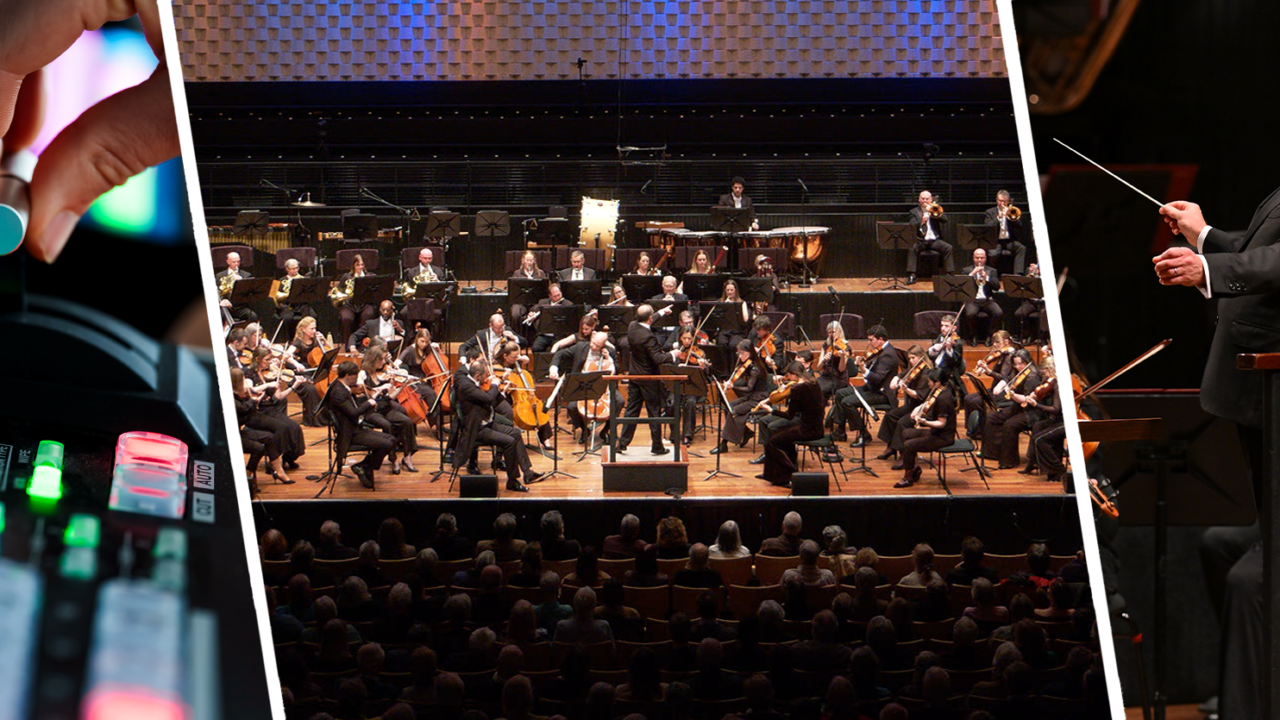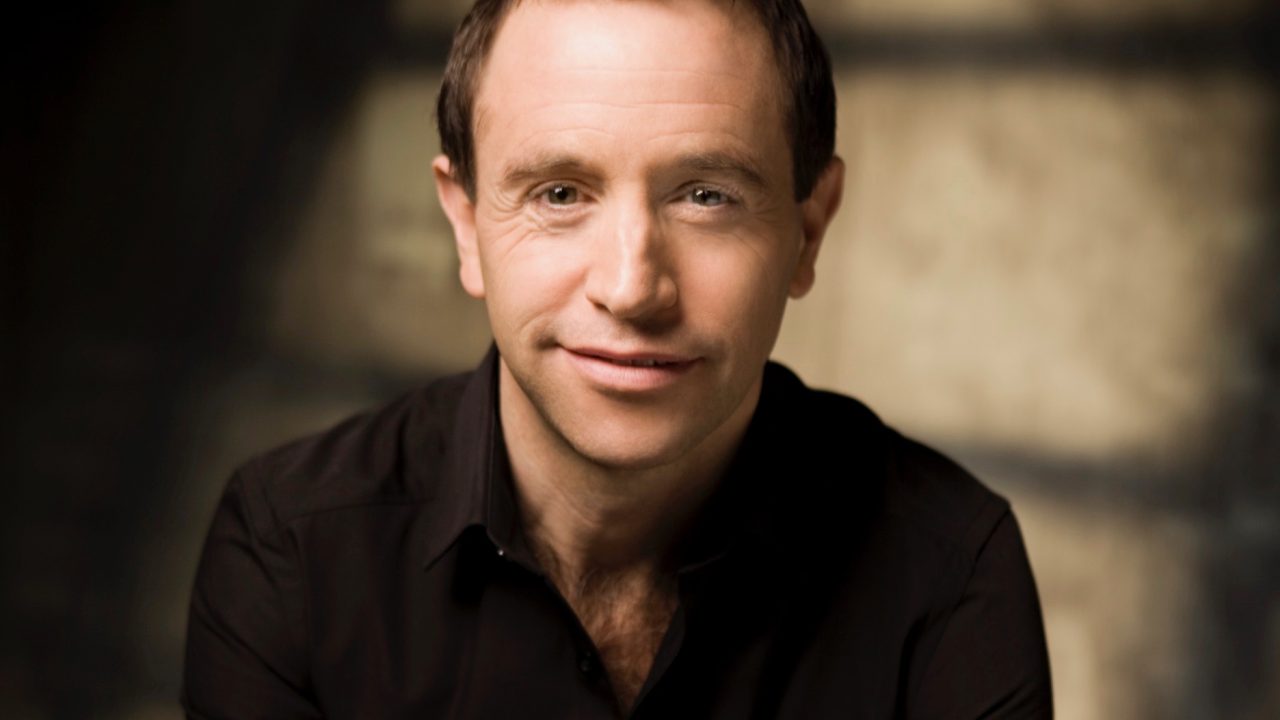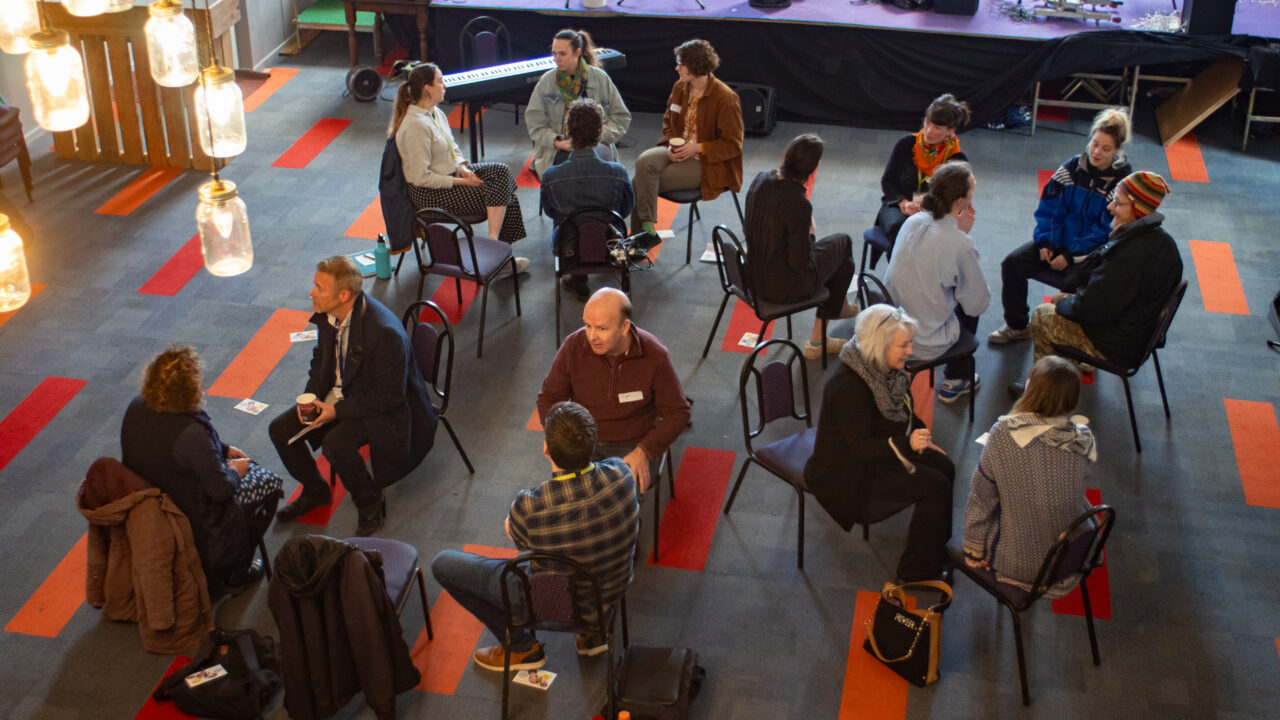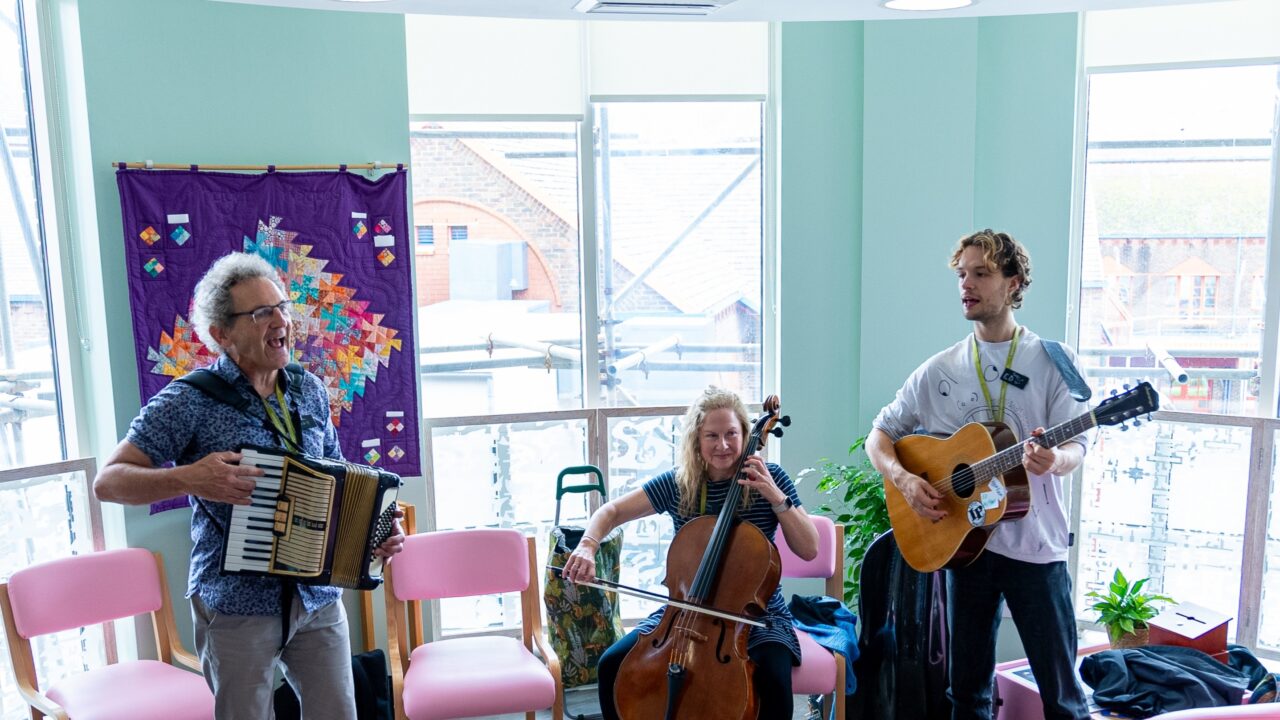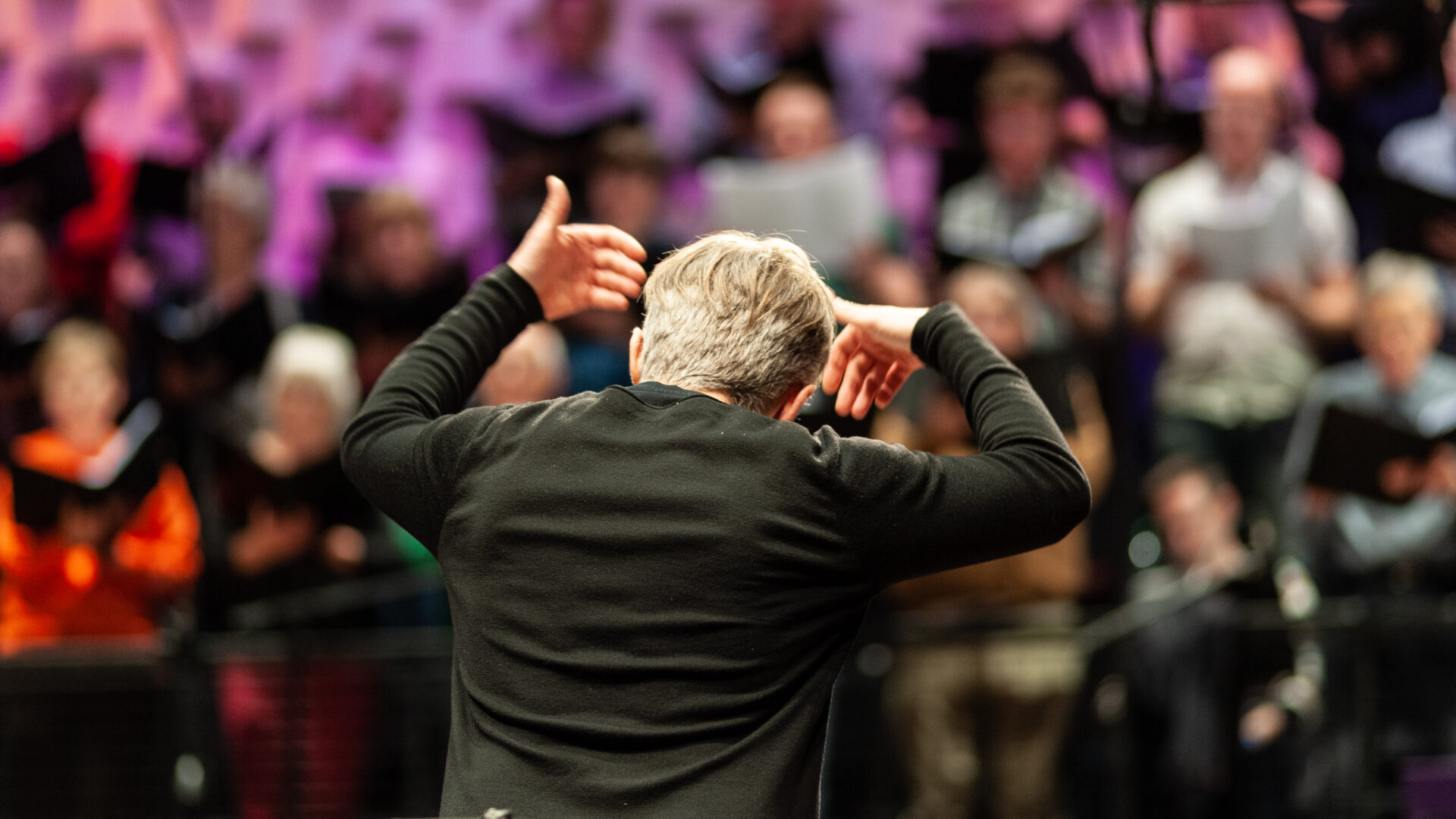More thrilling exploration by Kirill Karabits and the BSO of composers too infrequently heard in concert. The Ukrainian composer Akimenko’s Nocturne for strings was another quality find from our intrepid conductor-researcher. Switched from its original place as the second work in the first half of the programme to open the concert, it prompted Kirill to introduce the music with beacon relevance to this February’s first anniversary of the ongoing conflict in his homeland, and coincidentally on the day of President Zelensky’s visit to the UK. The brief five minutes of music held the audience rapt, offering an intimate moment of tenderness and yearning much enhanced by the sensitive playing of principal cellist Jesper Svedberg in his soulful central song to clinch a very special moment.
Total contrast followed with the Prelude to Glazunov’s From the Middle Ages suite. A potent fusion of Tchaikovsky and Wagner, the imagery of stormy seas battering a tower where two lovers are cocooned oblivious to the elements engaging in comparably tempestuous passion offered a heady mix of no-holds barred romanticism vividly realised by the BSO on heat from the opening bars.
“Rarely can the performance chemistry between conductor and orchestra in this symphony have spoken to the audience with such searing spontaneity and intensity.”
Passions then took on an increasingly public and apocalyptic voice with Taneyev’s visionary cantata John of Damascus. The use of Russian chant referencing the dying soul’s journey to another world and its ultimate end brought unexpected resonances of Elgar’s Gerontius. The music’s tightly linked and concise three movement conception was beautifully articulated by the Bournemouth Chorus with fervour, optimism and a glowing sense of rapture reaching uplift in the final bars.
Deep breath during the interval in anticipation of Shostakovich’s Fourth Symphony. Last minute withdrawal of the work during rehearsal almost certainly saved the composer from direst personal consequences during Stalin’s purges of the 1930s. The symphony then laid dormant and unheard until I962 in Cold War Russia. Together with the original version of the opera Lady Macbeth of the Mtsensk District composed just before the symphony, it probably remains the composer’s most stylistically forward-looking work – dangerously honest and personally unguarded, but now recognised as one of his most groundbreaking masterpieces.
The enormous emotional range and punch of the symphony straps the listener into a journey through time via a relentless sequence of hypnotic ostinato rhythms that courses ominously and cumulatively through each movement. The music suggests crushing militarism, mind-numbing triviality, sardonic humour, ultimate annihilation and desolation. A smoke-and-mirrors Mahlerian sleight of hand from the composer barely disguises a context of the political, social, religious and artistic oppression of his times. This music is inescapably a comprehensive exposé of the mechanics, means and methods of human evil with little space for peace and light – almost a sustained cry for help.
Given the demands on the huge orchestra it seems invidious to single out individuals, but bassoonist Tammy Thorn and trombonist Kevin Morgan nailed their subtly subversive solos in the final movement with memorably stylish aplomb. Special mention too for the massed string sections, whose range of expression and virtuosity laid the bedrock and continuity for the whole performance. Rarely can the performance chemistry between conductor and orchestra in this symphony have spoken to the audience with such searing spontaneity and intensity. The sound and rhythm of clocks ticking their apocalyptic warning from history was inescapably chilling.
Thank you BSO for mounting such a demanding and extravagantly resourced programme, especially in these difficult times and outside of the capital. The whole concert was on an inspirational level rarely heard anywhere in recent times.
Ian Julier
Watch the performance again… it’s available to view until 10 March.
